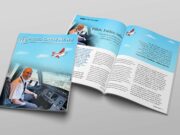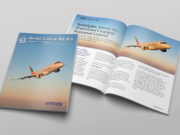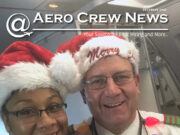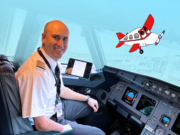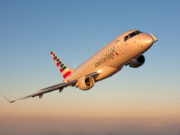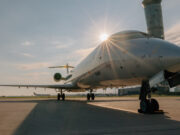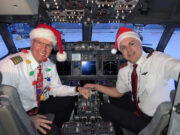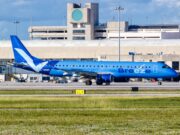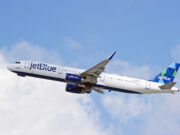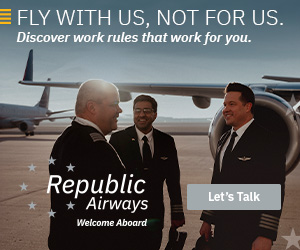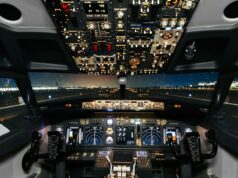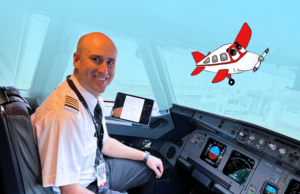
Automation dependency continues to be topic of interest among both aviation authorities and human factor experts worldwide. Since the introduction of auto-flight, a number of studies have been conducted to analyze the human interaction with the various technological interfaces, primarily focusing on the phenomena of complacency. As technology advances, it is imperative to be aware of the advantages and limitations of automated systems on safety of flight.
Technologically advanced aircraft (TAA) provide numerous advantages, such as enhanced situational awareness and vast improvements in how information is displayed to the pilot. Likewise, autopilot systems greatly contribute to a reduction in workload, which is particularly helpful during single-pilot operations. Yet, the FAA’s Risk Management Handbook considers equipment familiarity to be critical in optimizing both safety and efficiency. Lack of familiarity, rather than posing a positive effect, correlates to added workload and loss of situational awareness. In this sense, the FAA encourages pilots to consider auto-flight systems not only as a risk, but as a hazard. Proper preflight of the onboard equipment and a detailed understanding of all their functionalities is imperative.
Although understanding the automation is essential, a detailed preflight risk assessment is equally necessary, regardless of the level of experience of the crew. An assessment should encompass the potential of an autopilot failure during a critical phase of flight, thereby allowing the pilot to promptly take appropriate action when dictated. Being proactive, rather than complacent, both in flight and on the ground, significantly contribute to minimize risk.
Undeniably, automation dependency causes stick-and-rudder skills to degrade over time. Proposals to mitigate the erosion of manual flying skills include further regulatory oversight from the FAA, as well as a revision of current certification standards. Robust training is the foundation of how a crew will perform under high levels of workload and stress.
Pilots should also be tested in recognizing the most relevant level of automation appropriate for the various phases of flight. The highest level of automation is not necessarily the safest. This is situationally dependent. In fact, utilizing a high level of automation in certain scenarios could be detrimental. Pilots operate in dynamic environments and are exposed to various threats beyond their control, e.g., sudden runway change clearances during visual approaches. In such events, reprogramming the automation is not the priority. Doing so can trigger mishandling errors, rushing, and a snowballing into a chain of errors.
The goal of making the skies as safe as possible certainly requires the mutual collaboration of manufacturers, regulators, training providers, as well as air carrier operators. The future of automation presents itself as new challenges to the aerospace industry. With manufacturers aiming to automate additional stages of flight, concerns to the further erosion of manual flying skills are relevant. Furthermore, lighter workloads could lead to increased complacency.
As professional pilots, it is our responsibility to ensure adequate proficiency levels and always remain vigilant of automation-induced threats and risks.


